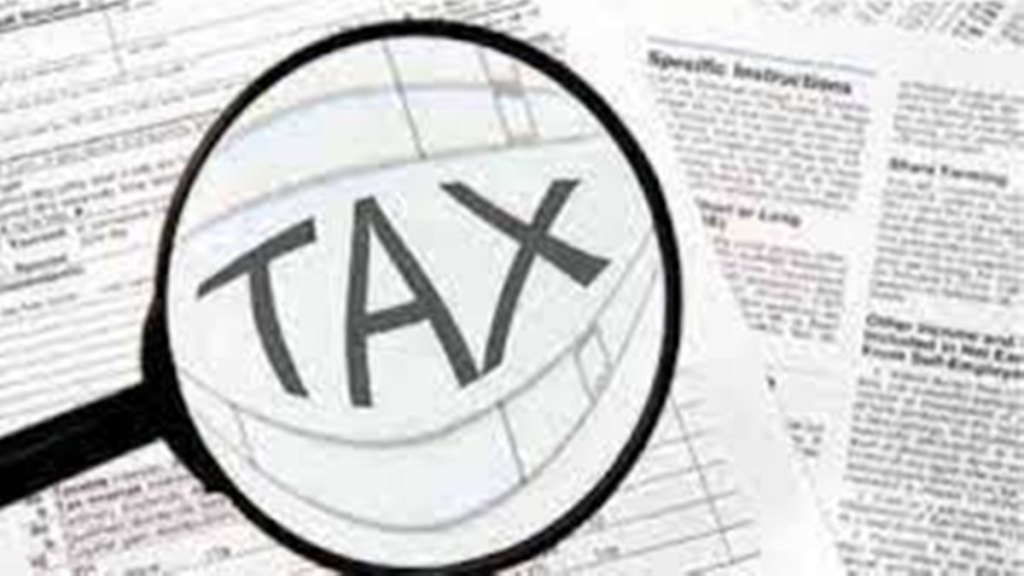In a recent meeting with the finance minister, capital market players sought a single tax on the sale of employee stock options (Esops). If accepted, it will be an important step in simplifying the taxation process. Joydeep Ghosh explains the reasons why a single tax on Esops will make it more relevant.
What are Esops?
Employee stock ownership plans, or Esops are employee-benefit plans offering them an ownership interest in the organisation. The shares of the company are given to employees at a discounted rate. For companies, it is a way to attract and retain talent by making them stakeholders in the company’s fortunes. They have become quite popular among start-ups in recent times. For example: In June, Swiggy announced its Esop programme of $23 million.There are generally two modes followed. One is the direct route, preferred by unlisted companies. Here, fresh equity shares are issued to employees. The other is the trust mode: an Esop trust disburses shares to employees and buys these back if the employee wishes to sell.




How are Esops taxed?
Esops are taxed, for the first time, at the time the option is exercised by the company and the employee. That is the time when the employee buys the shares. At that time, it is treated as a perquisite and taxed as per the income tax slab of the employee. The employer has the responsibility of deducting the tax deductible at source or TDS. The amount is shown in the employee’s Form 16 and included as a part of the total salary in the tax return. This has an adverse impact on the employee’s cash flows as a higher amount of tax gets deducted from your salary without any incremental inflow.The second time the employee is taxed is when the shares are sold. This time, it is seen as capital gains. So, there is a long-term capital gains tax of 10%.In all, there are two levels of taxation.
Why are people unhappy with the current taxation?
The problem arises when the employee who is buying the share isn’t able to cough up the required TDS. In that case, since the company is liable to deduct the TDS has two options – one, ask the employee for the additional amount/pay the amount itself or delay the exercise process.As a result, only employees who have the money to pay the TDS (without even having sold the shares and having made any gains) will be allotted the shares. For example: If the exercise price (discounted price) is `200 and the fair market value of the share is `500, the employee who has been vested 100 shares will have to pay tax on the difference of `300 per share. The idea of this tax is that since the employee is gaining from the difference in prices, though unrealised, the tax should be imposed on the difference between the exercise price and fair market value.
What is the counter proposal that has been floated?
ALSO READ Explainer: Decoding India’s groundwater data
Experts have argued that since the employee has not sold the shares, it is unfair to tax them at the time of vesting. In fact, since many employees may not have the wherewithal to pay this tax, it could limit the ability of many employees to buy shares in their own companies. The process, in the view of many, limits the utility of the Esops as the catchment area gets significantly smaller due to tax incidence at the time of exercise. Budget FY21 gave some relief to startup employees, which experts say should be available across firms.Experts say Esops should be taxed when the employee sells the shares since it is only then that she gets the benefits of discounted shares. “Ideally, the employee should be taxed when he has the cash in hand,” said Sandeep Parekh, managing partner, Finsec Law Advisors.They say that the tax department can use the exercise price as a benchmark for taxing the employee then because the full benefit will accrue to them. So taking the same example, if the employee sells the stock at a price of `700/share, the entire capital gains of `500 can be taxed in one go. This way, it would have enough employees to hold their company’s shares.
Budget FY21:
Employees of eligible startups need not pay the TDS in the year of exercising the option.
Timeline extended to:
After 48 months from the end of the relevant assessment year (in all five years)
Date of sale
of such shares by the employee
Date of resignation
by the employee



















